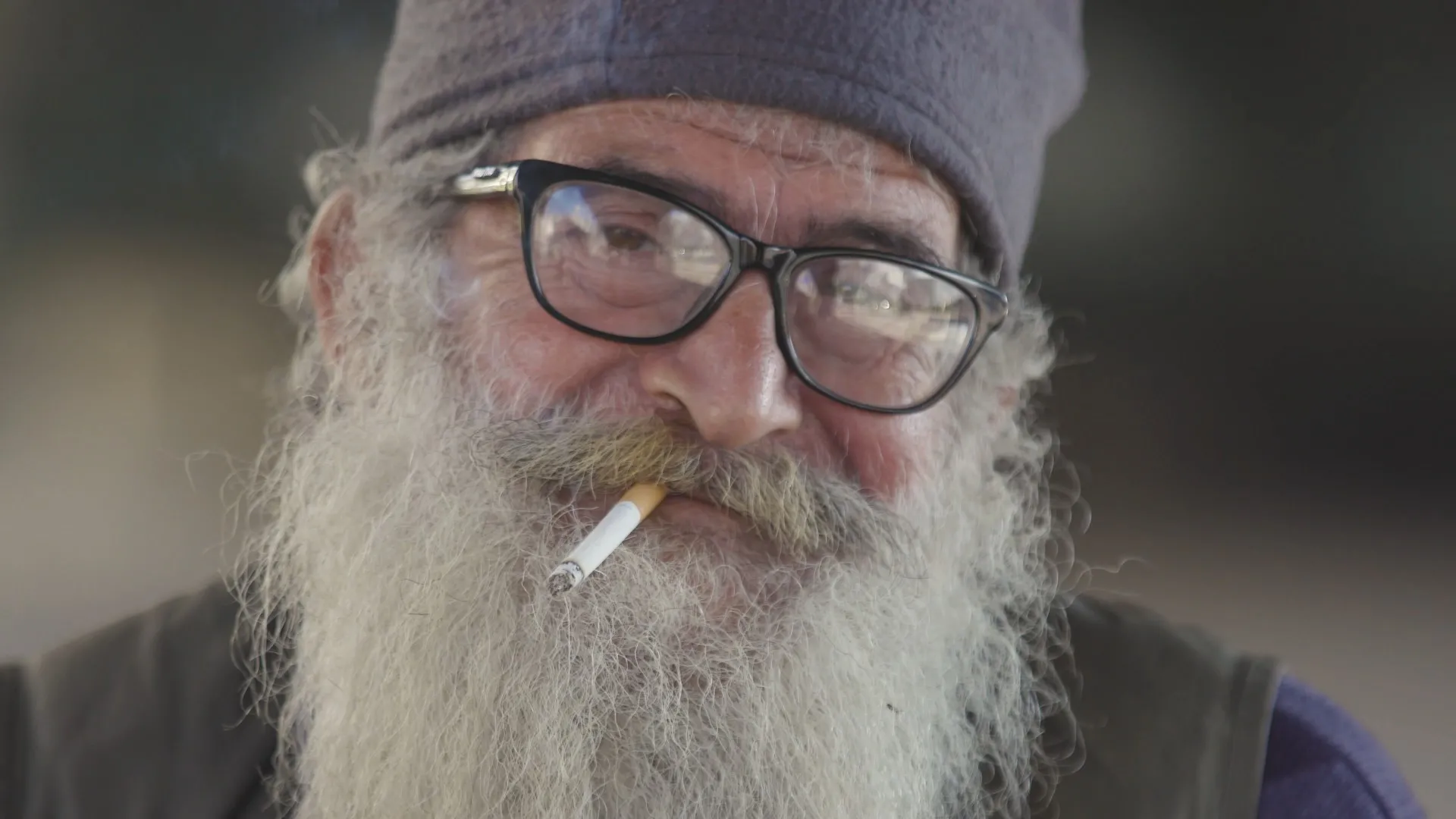Sixteen-year-old Chadi enjoyed going to school and spending time with his friends, but with the lockdowns, he was forced to drop out of school and work in a sheet metal shop. He still dreams of being able to return to studying. Nadine, 41, lost her sight when she was 11 due to a genetic disease. She is a mother of three children. With the economic crisis raging in Lebanon, she barely manages to feed them. Jamile raised her children on her own thanks to her job as a seamstress. Her children used to support her, but now they cannot make ends meet and her work has declined dramatically. She’s been forced to take loans from friends and neighbors to pay her rent.
“The number of families that are falling below the poverty line is growing day by day and with it, our worry is increasing.”
And finally, the child of a divorced couple, 16-year-old Nour lives with her maternal grandmother who has taken care of her since her childhood. To provide for the family, her grandmother collects tins and sells them by weight.
“When I was approached by CARE to do this documentary, I found myself immediately drawn to it. Being part of helping Lebanon fight poverty and helping those less fortunate was my main objective and the motto that kept me going,” filmmaker Sandra Abrass says. “It was not an easy journey, but I did it and I am proud of it. I have also learned a lot from the characters. It was an intense deep, experience that I am grateful for.”

